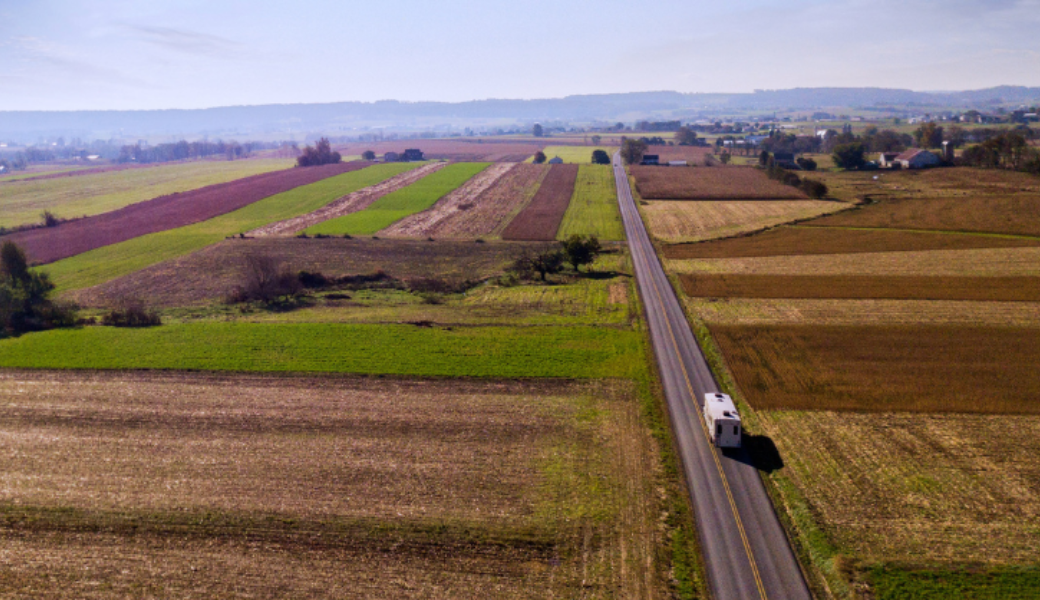CARB Regulation On Small Off-Road Engines Explained

Last December, the California Air Resources Board (CARB) passed amendments to the Small Off-Road Engine (SORE) regulation, which applies to all spark ignition engines less than 25 horsepower. These amendments were approved by the Office of Administrative Law and will take effect on January 1, 2023. The engines that power all gas and LP-powered RV generators are impacted by the regulation; diesel RV generators are exempt, but a separate regulation amendment covering diesel SORE engines is underway. In the SORE regulation, CARB defines “generator" as off-road equipment that exclusively produces electric power, while "generator engine" means an engine installed exclusively in a generator. It is technically not the generator that is being regulated, it is the engine that powers the generator.
The SORE regulation looks at products primarily in terms of model years, which it defines as "a manufacturer’s annual production period that includes January 1 of a calendar year, or, if the manufacturer has no annual production period, the calendar year.” The amendments approved by CARB will ban the gas/LP engines traditionally used in RV generators, effective with the 2028 certification model year since all engines on generators must be zero emissions.
In addition, beginning with generator engines produced in model year 2024, there is a significantly lower allowable emissions standard. Only CARB-compliant generators will be permitted to be sold in California. The RV Industry Association has brought this dilemma to CARB’s attention, but CARB has thus far declined to reconsider its stance. Again, it must be emphasized that the model year refers to the generator engine, not to an RV’s model year.
One possible reason for CARB’s refusal to change its position is that, starting this year, the regulation does make it possible for RV manufacturers and suppliers to earn and bank credits by offering alternatives to traditional SORE-powered generators. To have the credits recognized by CARB, companies providing zero emission solutions (whether they are RV manufacturers or suppliers) will need to certify the system with CARB according to the provisions of Section 2408.2 of the SORE regulation. “Zero-emission generator” is defined in the regulation as any SORE that generates or stores energy and distributes electrical power while producing zero emissions under any and all possible operational modes and conditions.
Anybody producing or certifying zero-emission generators can generate credits. The credit program is a tiered program with four levels of zero emission generators (levels 1-4), which are differentiated by energy storage capacity and power delivery. Bigger, more powerful systems generate more credits than smaller/less powerful systems. These credits generated in the 2022-2027 timeframe can be traded or sold to traditional gas/LP SORE manufacturers and used to offset compliance deficits incurred through the sale of SOREs that are not zero emissions. This credit program has the potential to defer the 2028 ban to 2032.
For example, an RV manufacturer or supplier builds a zero-emission system, certifies it with CARB and generates credits. The credits are transferred to a traditional manufacturer of gas/LP generators who uses them to offset SORE gas/LP generator deficits. This could allow the traditional SORE manufacturer to produce and sell gas/LP generators beyond model year 2028 when the zero-emission standard begins.
The RV Industry Association will monitor the progress generator manufacturers are making in developing zero emission alternatives to SORE-powered generators and work with CARB and all other interested parties to find cost-effective and technologically feasible solutions that will allow RVs with generators to be sold in California.
Anyone having further questions about the SORE regulations should contact Michael Ochs, RV Industry Association Director of State Government Affairs at mochs@rvia.org.
Please Sign in to View
Log in to view member-only content.
If you believe you are receiving this message in error contact us at memberservices@rvia.org.

